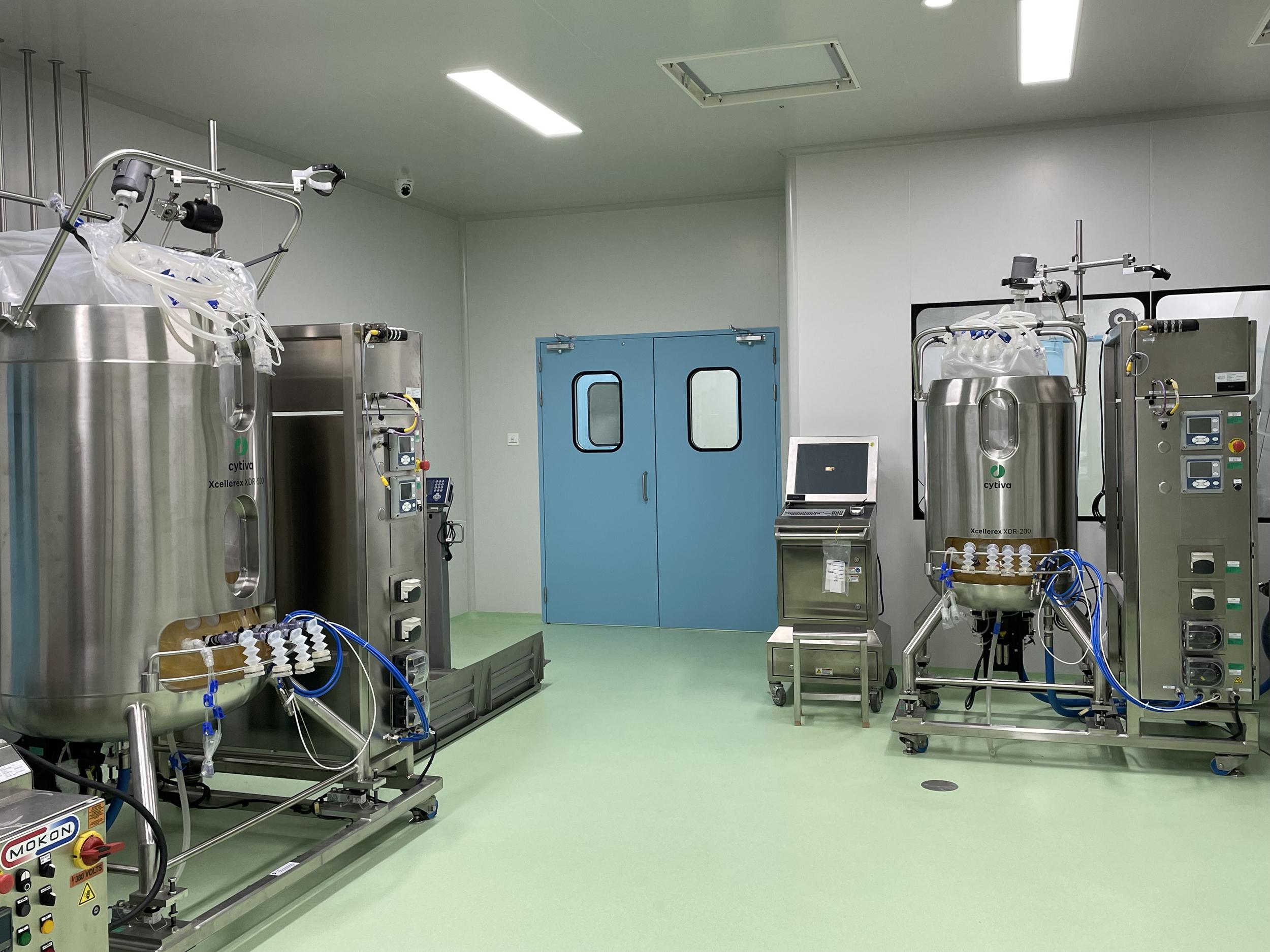
Biomanufacturing has increasingly become a linchpin of the global pharmaceutical and biotechnology industries. With global pharmaceutical sales expected to reach $1.5 trillion by 2023 and biopharma accounting for 20% of the market, the significance of a stable supply chain cannot be overstated. However, geopolitical instability poses significant risks to the seamless functioning of these global networks. From the COVID-19 pandemic to supply chain disruptions fueled by trade wars and regional conflicts, the challenges are mounting.
Global supply chains in biomanufacturing rely heavily on the collaboration of key regions across the world, each specializing in specific functions. The United States leads in biotech research and development (R&D), while Europe focuses on regulatory expertise and high-quality manufacturing. Meanwhile, the Asia-Pacific region—primarily China and India—supplies over 80% of active pharmaceutical ingredients (APIs) to the U.S., making them critical hubs in the supply chain.
While this global interplay allows for cost efficiency and access to diverse resources, it also creates vulnerabilities. An overreliance on specific regions for APIs or raw materials can disrupt production pipelines when these regions face political or economic challenges.
Recent and historical geopolitical events have vividly demonstrated the fragility of global supply chains. Consider these examples:
"Biomanufacturing is at the nexus of global economic trends and geopolitical shifts, demanding innovative solutions to ensure a stable supply chain," Dr. Amanda Green, Biotech Economist at the World Economic Forum, explains.
To ensure business continuity and resilience, biopharma leaders and supply chain managers can adopt the following key strategies:
Overreliance on a single region or supplier can leave companies vulnerable. Building a robust network of suppliers across different geographies minimizes the impact of regional disruptions.
By relocating critical operations closer to key markets, companies can reduce dependencies on complex global logistics systems. This approach gained traction during COVID-19, with many businesses nearshoring facilities to North America and Europe to balance cost and risk.
According to DHL, 70% of pharmaceutical companies are investing in digital solutions to enhance agility and resilience. Technologies such as predictive analytics and supply chain monitoring tools help enterprises respond to disruptions faster.
Understanding and adapting to changing regulatory landscapes is critical. Proactive measures include investing in compliance software and working closely with regional experts to ensure standards are met.
Blockchain offers unparalleled transparency and traceability across supply chains. "Technology, particularly blockchain, offers unprecedented opportunities for transparency in the biopharma supply chain, reducing the impact of geopolitical disruptions," says Anna Liu, Director of Global Trade Compliance at GSK.
Collaboration with local governments, academic institutions, and industry peers fosters shared risk management strategies. Strong partnerships enable faster scaling and innovation.
Pfizer responded to early pandemic challenges by nearshoring some of its manufacturing processes to the United States. This reduced dependencies on international suppliers and ensured smoother vaccine production timelines.
To address API shortages in 2020, Gilead Sciences strategically diversified its supplier network beyond the Asia-Pacific region, leveraging partners in Europe and Latin America.
Novartis pioneered the use of blockchain in its European supply chains, improving traceability and allowing for quicker responses to disruptions caused by Brexit-related trade complications.
The biomanufacturing industry is increasingly turning to technology and innovation to offset geopolitical risks while enhancing supply chain resilience. Some trends driving transformation include:
"The future of biomanufacturing relies on collaboration and resilience. We must work together to build adaptable supply chains that can weather geopolitical storms," notes Sarah Johnson, Supply Chain Director at Roche.
Looking ahead, here are some key predictions for the evolution of supply chains in biomanufacturing:
The biomanufacturing industry is at a crossroads, where geopolitical risks and global interdependencies demand proactive solutions from supply chain professionals. By diversifying suppliers, investing in technology, and fostering collaborations, organizations can create resilient systems capable of withstanding major disruptions.
Now is the time for companies to assess their supply chain strategies and invest in long-term resilience to stay competitive in a volatile global market. Remember, a stable supply chain isn’t just a competitive advantage—it’s the foundation of innovation and growth in biomanufacturing.